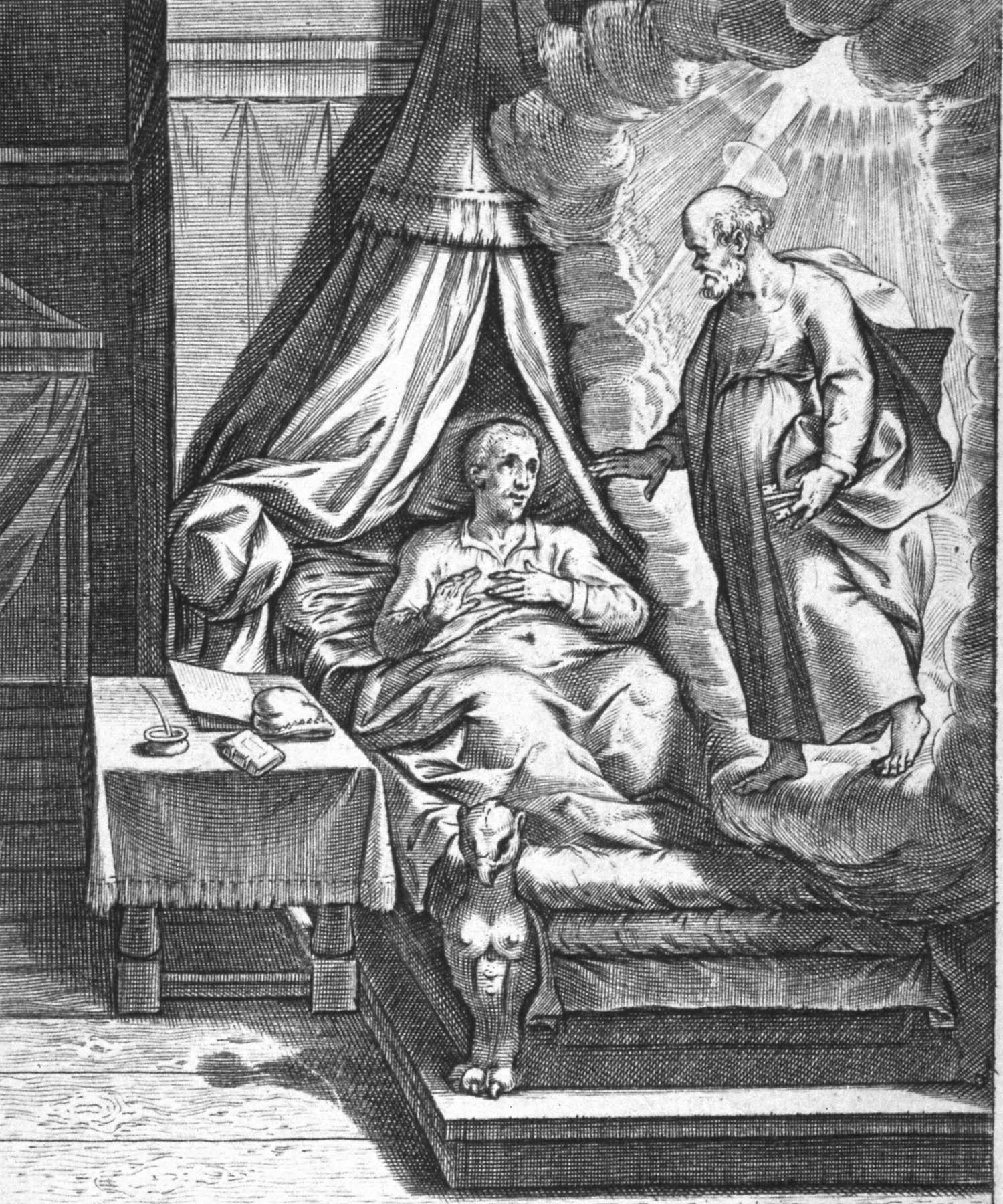“For it is not knowing much, but realizing and relishing things interiorly, that contents and satisfies the soul.” –St Ignatius
Moved interiorly, feeling silent, creative juices flowing, quiet in being, another Spanish saint marches into definitude. Listening to the ‘Autobiography of St Ignatius’. The storyteller in me marvels at the feats of the young worldly Ignatius. A man of war his ability to endure pain astounds. I think many before modern medicine experienced pain on an intense level I have never known, nor will know. Medical treatment, no anesthesia, must have been horrible. Years later, 16th century, St Jane de Chantel would lose her husband to a hunting accident, a hunting companion errantly shooting him in the leg. He survived the gunshot, however nine days of medical surgeries and treatment killed him. In a fascinating way the body was a source of torment in medieval days that proved peculiar, spiritually bountiful. St Ignatius would begin his conversion bedridden. Numerous saints suffered, stricken to the prone position, isolated from activity and the world. In all honesty, there must have been an awareness medical treatment could just as likely kill you as save your life. Divine providence, hope through God, centering within collective consciousness.
Here is the beginning of St Ignatius autobiography, the words dictated to a scribe.
LIFE Up to his twenty-sixth year the heart of Ignatius was enthralled by the vanities of the world. His special delight was in the military life, and he seemed led by a strong and empty desire of gaining for himself a great name. The citadel of Pampeluna was held in siege…All the other soldiers were unanimous in wishing to surrender on condition of freedom to leave, since it was impossible to hold out any longer; but Ignatius so persuaded the commander, that, against the views of all the other nobles, he decided to hold the citadel against the enemy.
…After the walls were destroyed, Ignatius stood fighting bravely until a cannon ball of the enemy broke one of his legs and seriously injured the other.
When he fell, the citadel was surrendered. When the French took possession of the town, they showed great admiration for Ignatius. After twelve or fifteen days at Pampeluna, where he received the best care from the physicians of the French army, he was borne on a litter to Loyola. His recovery was very slow, and doctors and surgeons were summoned from all parts for a consultation. They decided that the leg should be broken again, that the bones, which had knit badly, might be properly reset; for they had not been properly set in the beginning, or else had been so jostled on the journey that a cure was impossible. He submitted to have his flesh cut again. During the operation, as in all he suffered before and after, he uttered no word and gave no sign of suffering save that of tightly clenching his fists.
In the meantime his strength was failing. He could take no food, and showed other symptoms of approaching death. On the feast of St. John the doctors gave up hope of his recovery, and he was advised to make his confession. Having received the sacraments on the eve of the feasts of Sts. Peter and Paul, toward evening the doctors said that if by the middle of the night there were no change for the better, he would surely die. He had great devotion to St. Peter, and it so happened by the goodness of God that in the middle of the night he began to grow better.
His recovery was so rapid that in a few days he was out of danger. As the bones of his leg settled and pressed upon each other, one bone protruded below the knee. The result was that one leg was shorter than the other, and the bone causing a lump there, made the leg seem quite deformed. As he could not bear this, since he intended to live a life at court, he asked the doctors whether the bone could be cut away. They replied that it could, but it would cause him more suffering than all that had preceded, as everything was healed, and they would need space in order to cut it. He determined, however, to undergo this torture.
His elder brother looked on with astonishment and admiration. He said he could never have had the fortitude to suffer the pain which the sick man bore with his usual patience. When the flesh and the bone that protruded were cut away, means were taken to prevent the leg from becoming shorter than the other. For this purpose, in spite of sharp and constant pain, the leg was kept stretched for many days. Finally the Lord gave him health. He came out of the danger safe and strong with the exception that he could not easily stand on his leg, but was forced to lie in bed.


